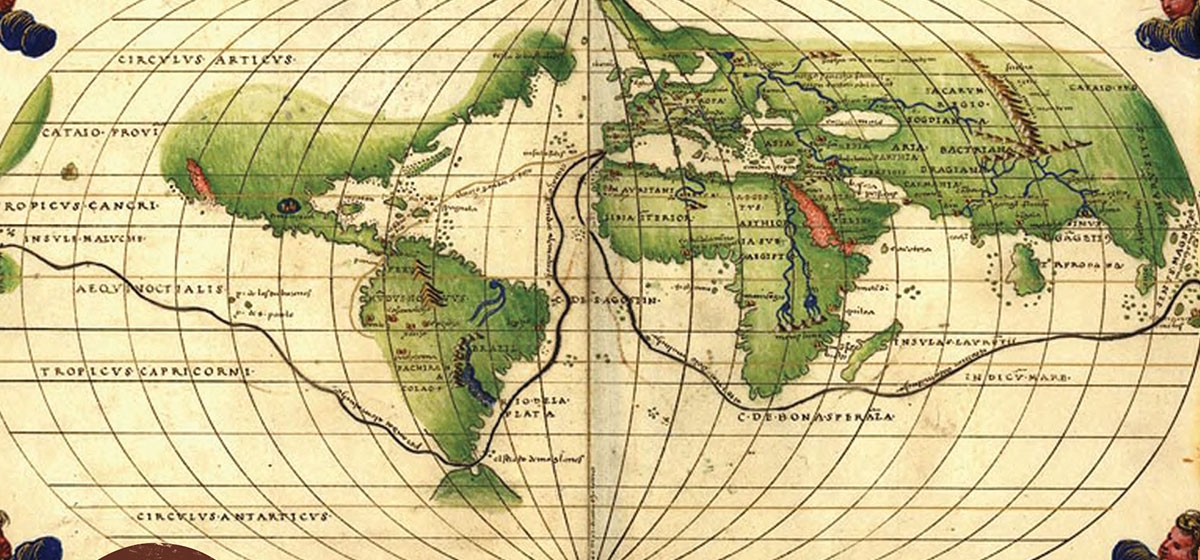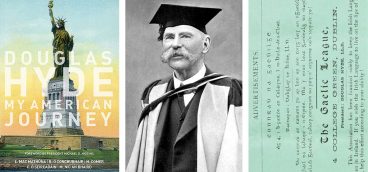
A story of redemption is a story of profound change that we make ourselves. Time won’t redeem us, nor will promises or fond memories.
When our cherished world has collapsed in front of us and we stare into the abyss, the choices are stark: keep walking straight ahead and fall into oblivion, take one tentative step back and teeter on the edge, or walk decidedly in a completely new direction.
The first two choices are disastrous and the last takes tremendous courage, because it asks us to abandon our comfortable and well-trod path and head into an unknown and uncertain future.
Now what if I told you your beloved city of Pittsburgh didn’t simply need to be refreshed but outright redeemed? Not everyone would accept that. If citizens believed it is time for redemption, they’d be making bold moves here and now.
“I’m not seeing it,” says Tim Zak, president of the Pittsburgh Social Enterprise Accelerator whose organization is dedicated to making change in ways large and small. “There is just not enough critical mass of like-minded people.”
“Some of us thought outright bankruptcy might be a ‘forcing event'” to begin redemption, says Dr. James Burnham, Murrin Professor on Global Competitiveness at Duquesne University and an expert on regional redemption both here and abroad. “It is still a possibility.” But it hasn’t happened yet.
Instead, we’re still teetering on the edge. The recent Renaissances, public spending binges and PR campaigns gave us a sort of phony redemption. And we remain on the precipice.
Others have fallen prey to the false redemption. At the beginning of the 20th century the city fathers of Atlanta promoted the city as a shining example of the “New South.” The old ways of thinking and behaving died with the Confederacy, they maintained. After all, the city was home to several leading African-American academic institutions, including Atlanta University as well as Morehouse and Spelman colleges and boasted a thriving African-American business community. Then in 1906 Atlanta suffered one of the worst race riots in American history up to that time. It left 12 dead, massive destruction and an almost permanent racial divide. Atlanta’s city fathers were stunned.
True redemption for Atlanta would wait another 50 years when the ‘forcing event’ came in the form of a young minister named Dr. Martin Luther King Jr. He would compel Atlanta, the Deep South, and our nation to confront some of our long-held beliefs and behaviors and, one by one, reject them all for a new way. The people who live in Pittsburgh aren’t standing on the precipice of race discrimination or individual character failures; they are good and decent people — some of the finest I have ever known anywhere. It’s not the individuals who need redemption. It’s our collective selves. It’s our community.
Pittsburgh is staring into the abyss of financial ruin and, as a consequence, ever accelerating physical, social and psychic decay. The pollyannas (“other cities are in the same boat as we are”) and the finger-pointers (“it’s Harrisburg’s fault — no, it’s Washington’s fault”) are merely getting in the way of the ever harder personal and emotional choices that precede every redemption.
Can a community undertake such a monumental turn-around? In the fall of 1945, Tokyo was a smoldering mass of charred rubble with fewer standing structures than a single neighborhood of Pittsburgh. Hundreds of thousands of the city’s residents had perished in the preceding four years. The once-great industrial economy of the Empire of Japan that menaced the Pacific Rim, with Tokyo at its heart, was no more. Demolished.
Yet in less than two decades, Tokyo was playing host to the 1964 Olympics and emerging as one of the world’s first global cities. The world literally collapsed in front of the citizens of Tokyo. They might have wallowed in the devastation and what used to be. Instead they rebuilt a new reality. They redefined their city and themselves in the process. Not just new buildings but sweeping political, economic and social changes. Just when the citizens of Tokyo might have reasonably looked to their national government for help, they embraced local autonomy law, shifting the power — and the responsibility — squarely to them. With this power and the civic pride that came with it, they went about the hard work of redemption.
Burnham sees another inspiring story of redemption in that of contemporary Ireland. In 1985, Ireland was as close to a Third World country as existed in Western Europe. The economy of this nation of roughly 3.5 million had grown little throughout the first 90 years of the 20th century. “They had the basics all screwed up,” maintains Burnham.
And then in the final decade of the last century, the economy began to grow at an astounding annual rate of close to 9 percent. High unemployment and underemployment, emblematic of the Irish economy, had all but disappeared.
In fact, from 1990 to 2000, the Irish economy created nearly 400,000 new private sector jobs. It is now one of the EU countries actively seeking immigrants to fill jobs. Today, Ireland is one of the world’s wealthiest countries with one the highest GDP’s per capita of the world. Nations rich and poor around the world seek to emulate Ireland’s story.
How did they do it? Not by a tentative step away from the precipice. First, they transformed the nature of their economy to be more market-based, welcoming foreign investment with drastically reduced corporate tax rates and an effective marketing program.
This shift in economic focus was as painful as it was dramatic. Second, the government, which at one point represented two-thirds of the entire Irish economy, got back to basics. “They fixed the phones,” says Burnham, “and built an educational system and infrastructure that attracted investment.”
Ireland could have prolonged the long, slow decline for a long time. EU subsidies and self-delusion could have permitted the further degradation of the country and its population. Yet fundamental changes were made and the march away from disaster began.
And what of the metamorphosis of South Africa from apartheid to a true democracy? It took the public and wrenching admission that the country had been built on atrocities and hatred. Could any change be more profound than the re-invention of the soul? Yet it was done.
Pittsburgh is more fortunate than these. It doesn’t need to rebuild the city from the rubble up, or overturn the fundamentals of the national economy, or reinvent its soul.
Yet it must do something that will be hard for Pittsburgh: an honest recognition that it is walking on the path to nowhere. That it’s time to turn around and look in a completely new direction. That there will be no redemptive change until we’re finally ready to make it ourselves.





